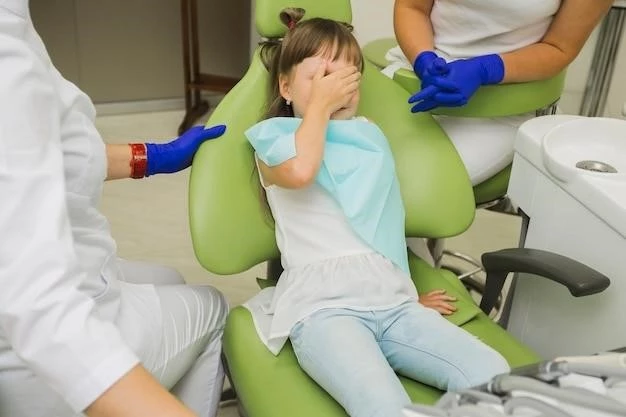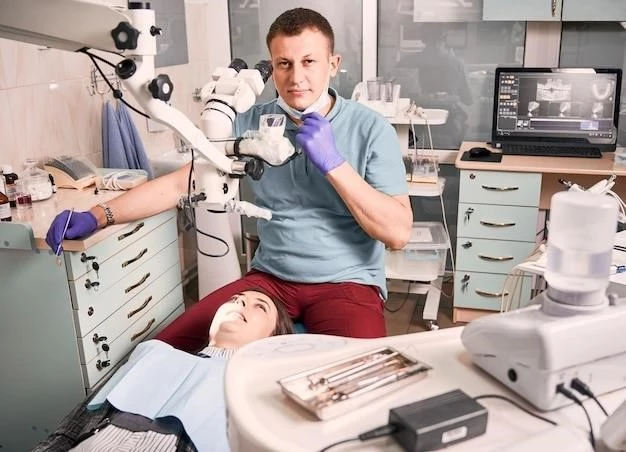Introduction
Odontoma is a common odontogenic tumor of the oral cavity, linked to tooth development. It consists of normal dental tissue growing irregularly and can affect tooth eruption.
Overview of Odontoma as a Disease
Odontoma is the most diagnosed odontogenic tumor in the oral cavity, characterized by the production of mature dental tissue. It can affect tooth development and cause irregular growth around teeth.
Symptoms and Causes
Odontoma can be asymptomatic but may interfere with tooth development, leading to abnormal tooth growth. The exact cause of odontoma is unknown, with genetic factors and environmental influences possibly playing a role.
Common Symptoms of Odontoma
Odontomas are often asymptomatic but can lead to abnormal tooth growth, impact tooth eruption, and cause misalignment of teeth. In some cases, they may result in pain, swelling, or complications with permanent teeth.
Possible Causes of Odontoma
The etiology of odontoma is not fully understood, but it is believed to be influenced by genetic factors, family history, trauma, and infections. Environmental factors, along with syndromes like Gardner syndrome and Basal nevus cell syndrome, may also play a role in odontoma development.

Epidemiology and Diagnosis
Odontoma is the most commonly diagnosed odontogenic tumor, with slow growth potential. Diagnosis usually involves radiographic imaging to identify the characteristic features of these dental tumors.
Prevalence of Odontoma
Odontoma is the most commonly diagnosed odontogenic tumor, especially in the oral cavity, with a slow growth potential. It is often associated with impacted or unerupted teeth. Radiographic imaging is typically used to detect odontomas, which may be asymptomatic or lead to tooth eruption disorders.
Diagnostic Methods for Odontoma
Odontomas are typically diagnosed using radiographic imaging, such as X-rays and CT scans, to visualize the characteristics of these dental tumors. Additionally, a thorough dental examination and biopsy may be performed to confirm the diagnosis.
Treatment Options
Odontomas are typically managed through surgical removal to prevent potential complications and recurrence. Enucleation and curettage are common techniques used for the treatment of odontomas.
Surgical Removal of Odontoma
Odontomas are commonly treated through surgical removal procedures like enucleation and curettage. The surgical approach aims to prevent potential complications associated with odontoma and reduce the risk of recurrence.
Non-Surgical Management for Odontoma
Odontomas are primarily treated through surgical interventions like enucleation. However, less aggressive approaches are available, such as watchful observation for asymptomatic cases and minimal intervention for cases with minor impacts on oral health.
Complications and Recurrence
Odontoma removal helps prevent complications like cystic changes, interference with tooth eruption, and bone destruction. Recurrence is very low, making surgical removal the preferred treatment option.
Potential Complications Associated with Odontoma
Odontoma removal aims to prevent complications like cystic changes, interference with tooth eruption, misalignment of teeth, and potential bone destruction. Despite their slow growth potential, prompt treatment is necessary to avoid these issues.
Risk of Recurrence in Odontoma Cases
Despite the slow growth potential of odontomas, the risk of recurrence is very low after surgical removal. This procedure remains the most effective way to manage odontomas and minimize the chances of recurrence.
Odontoma Subtypes and Pathological Features
Odontoma subtypes include compound odontoma, complex odontoma, odontogenic hamartoma, calcified mixed odontoma, and cystic odontoma. The pathological characteristics involve the production of mature dental tissues like enamel, dentin, cementum, and pulp.
Different Types of Odontoma Subtypes
The different types of odontoma subtypes include compound odontoma, complex odontoma, odontogenic hamartoma, calcified mixed odontoma, and cystic odontoma. These subtypes are characterized by the presence of mature enamel, dentin, cementum, and pulp tissue.
Pathological Characteristics of Odontoma
Odontomas consist of mature dental tissues like enamel, dentin, cementum, and pulp. In different odontoma subtypes, these tissues form irregular structures, contributing to the unique pathological features of odontomas.
Association with Syndromes
Odontoma has been linked to various syndromes like Gardner syndrome, Basal nevus cell syndrome, familial colonic adenomatosis, Tangier disease, Herrmann syndrome, and Odontoma-dysphagia syndrome, indicating possible genetic and environmental associations with these conditions.
Link Between Odontoma and Syndromes
Odontomas have been associated with syndromes like Basal nevus cell syndrome, Gardner syndrome, familial colonic adenomatosis, Tangier disease, Herrmann syndrome, and Odontoma-dysphagia syndrome, suggesting potential genetic and environmental links between these conditions.
Research and Advancements
Odontoma is continuously being studied for advancements in diagnosis and treatment. Research focuses on understanding the pathogenesis, improving diagnostic methods, and enhancing surgical techniques for odontoma management.
Latest Research on Odontoma
Recent studies on odontomas focus on diagnostic advancements, treatment approaches, and understanding the pathological characteristics of these slow-growing tumors. Research aims to enhance patient outcomes and refine management strategies for odontoma cases.
Rare Disease Expertise
Rare disease experts, though limited in number, play a crucial role in diagnosing and managing conditions like Odontoma, offering specialized care and knowledge in challenging cases.
Role of Rare Disease Experts in Managing Odontoma
Rare disease experts play a critical role in the diagnosis and treatment of odontoma. These specialized professionals offer invaluable insights, particularly in complex odontoma cases, aiding in the accurate management and care of patients.

Support and Resources
Accessing reliable resources and finding support is crucial for individuals navigating life with a rare condition like Odontoma; GARD offers valuable information on financial support, communication tools, and assistance to enhance the quality of life for patients and caregivers.
Available Resources for Individuals with Odontoma
For individuals dealing with odontoma, the Genetic and Rare Diseases Information Center (GARD) offers up-to-date information, educational resources, and potential support networks for patients and caregivers navigating the challenges of this rare condition.
